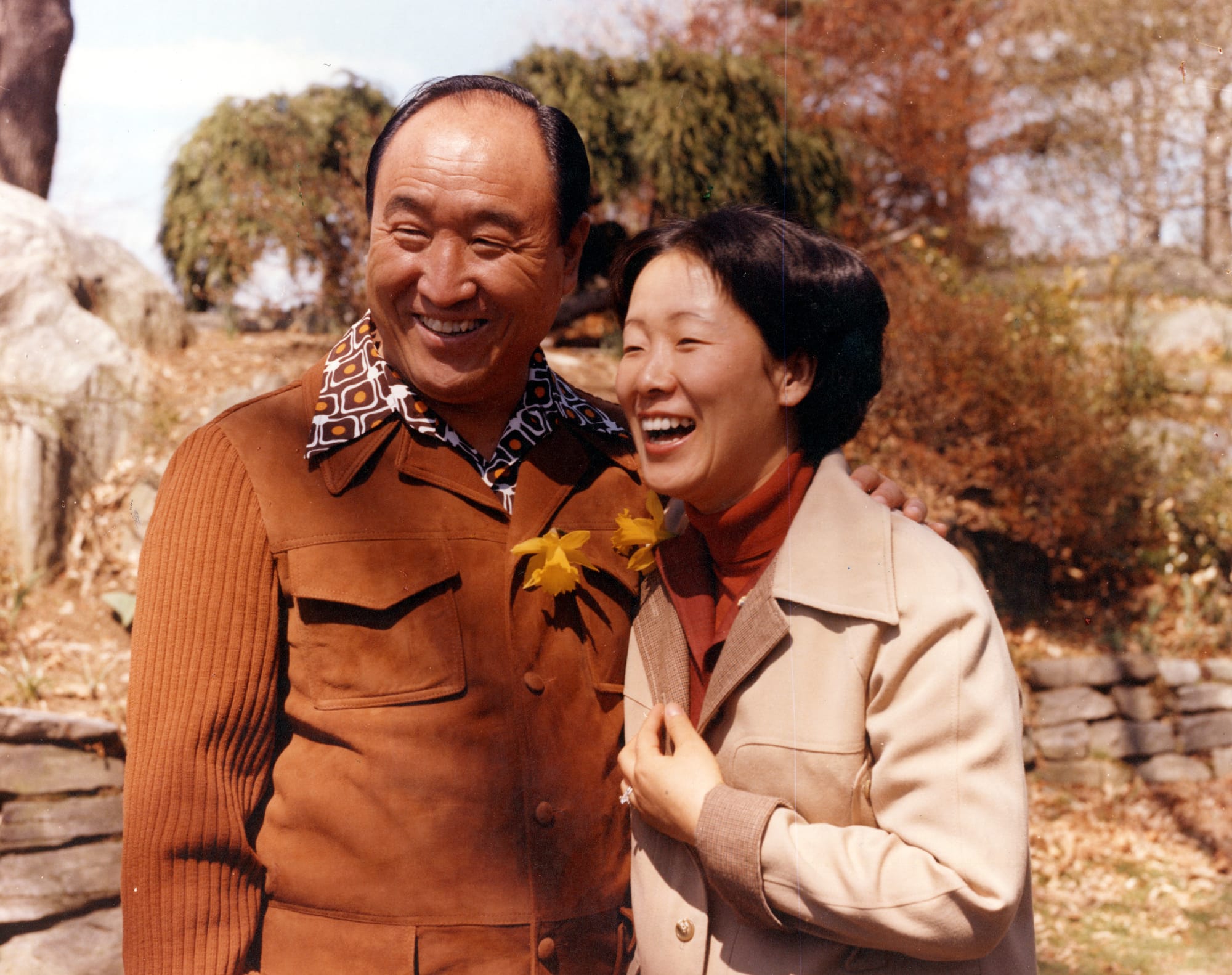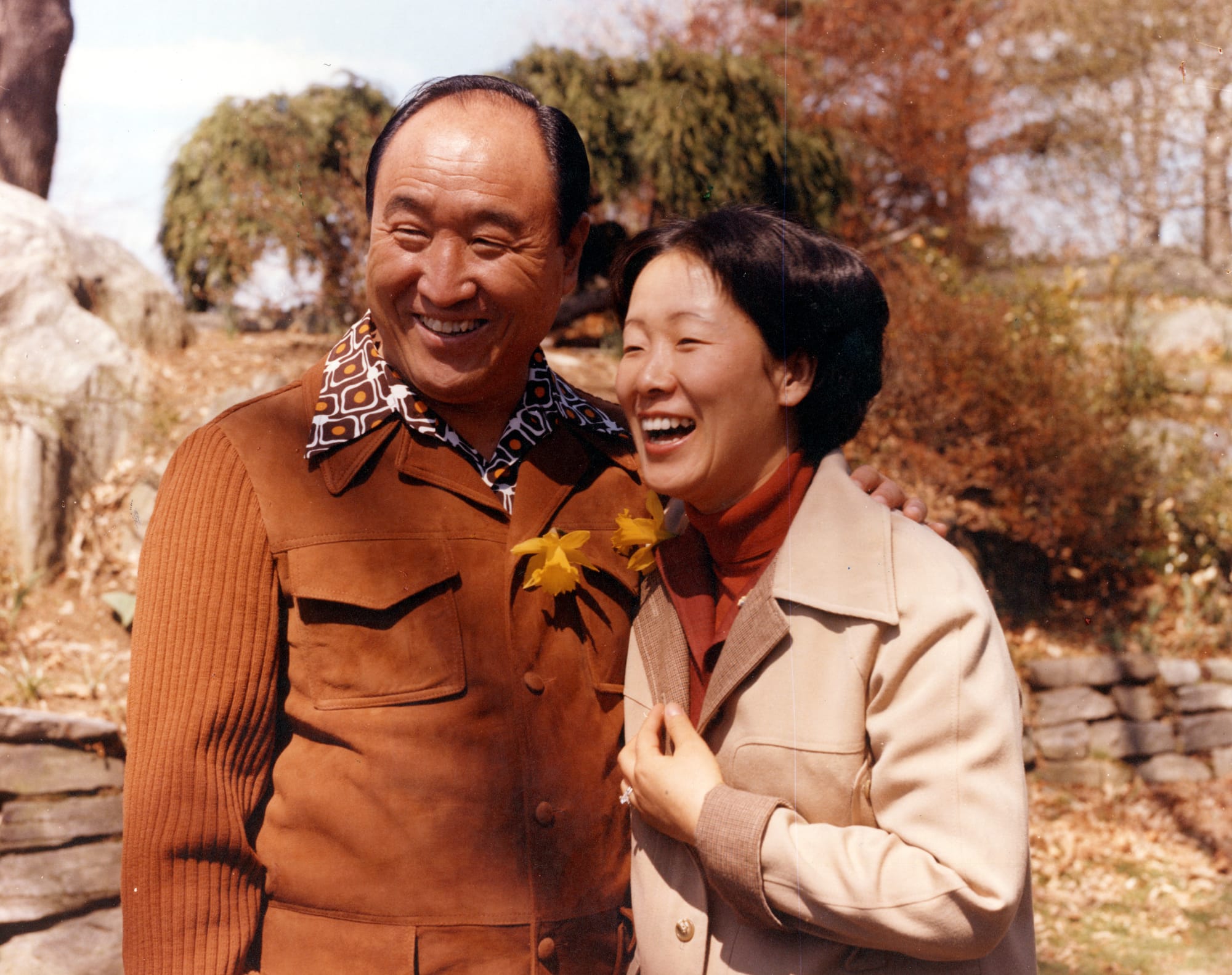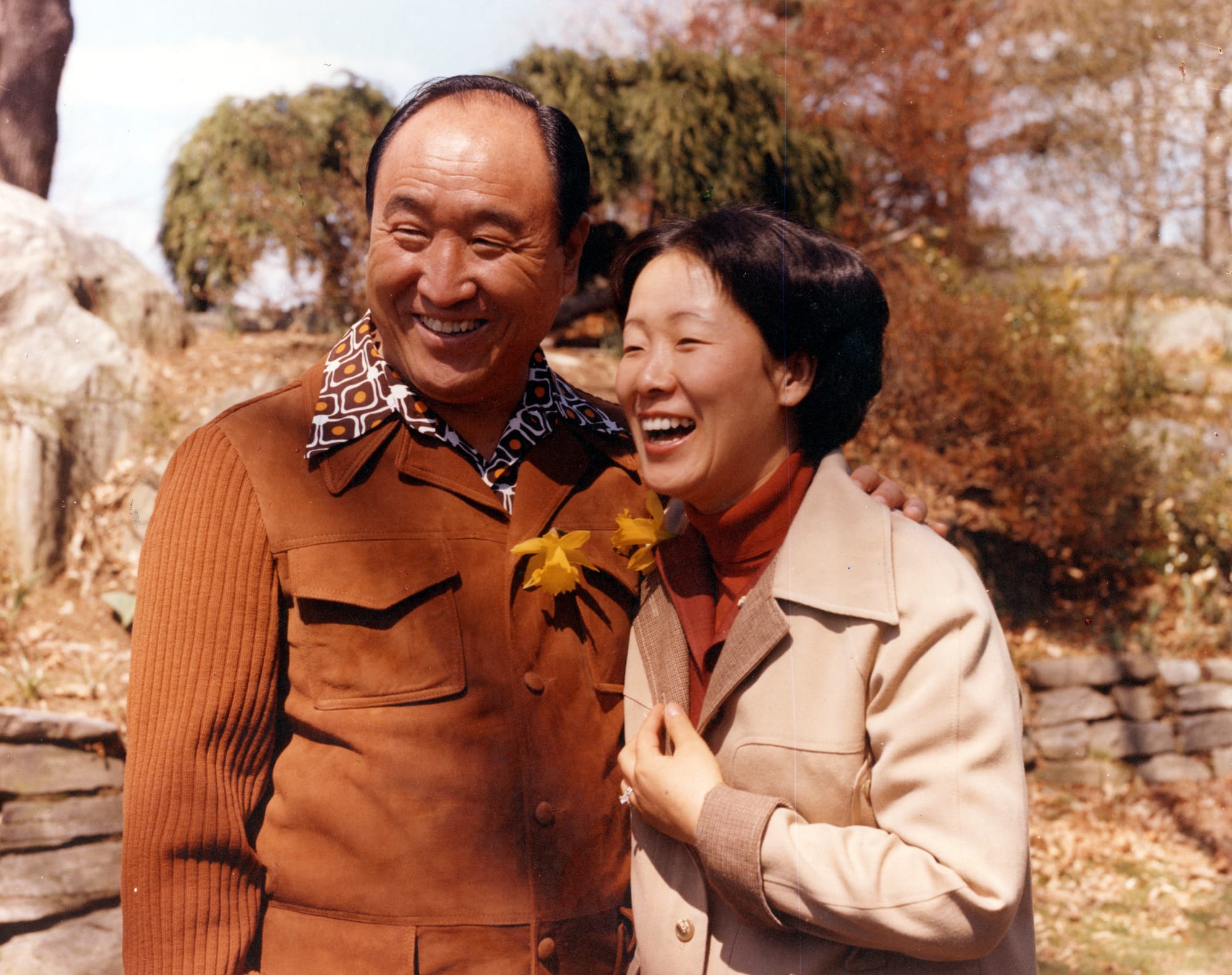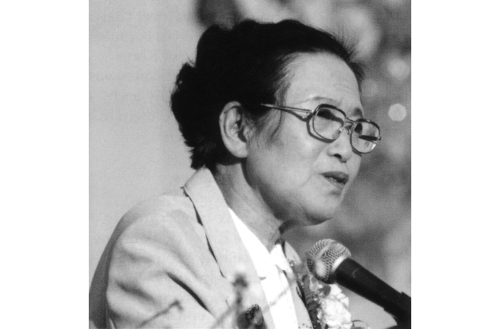Adam in the Midway Position
Both humans and angels are spiritual beings created for eternity. Therefore, as their Creator, God could never desert them or leave them forever in a fallen state, even though they were responsible for their downfall.
Hence, God will restore both humans and angels to their original state by the Principle. Adam, who had been created only good, became a blend of good and evil as a result of his bond with Satan.
Because of this, neither God nor Satan could claim him completely. Adam was thus placed in a neutral or "midway" position between God and Satan. As the central figure in his family, Adam could demonstrate his renewed faith in God and his rejection of Satan by offering sacrifices to God.
This was the condition to reestablish the Foundation of Faith in Adam's family.
However, because he stood in the midway position, Adam did not qualify to be the person to offer these sacrifices to God. Thus, the position of central figure in Adam's family would pass from Adam to one of his sons.

Cain and Abel
To separate evil from good in Adam, God gave him two sons, Cain and Abel. God placed them in opposing positions, representing evil and good, respectively. After they had grown, Cain and Abel were to bring sacrifices to God from opposing positions, representing Adam's original and fallen natures.
Which should represent good and which should represent evil?
Two basic factors determined their positions. The first factor was the fall of Eve, the mother of these two sons. Both Cain and Abel were sons of Adam and Eve, and therefore, both were the fruit of Eve's fall.
Eve had been depraved through two unprincipled acts of love. Eve's first relationship, contrary to the Principle, was with Lucifer. This was evil.
The second relationship was with Adam, who, with God's blessing, was to be her spouse upon their perfection.
Any sexual relationship between Adam and Eve before their spiritual maturity was a violation of God's law. Even though both relationships were evil, Eve's motivation in the latter differed somewhat from that in the former.
Eve had repented in her heart for her first transgression and wished to return to God by joining with Adam, whom God still loved.
Hence, Eve's second transgression warranted sympathy, and though it was still sin, it was less evil than her first.
Being the first son, Cain represented Eve's first act of love, her relationship with Lucifer — evil. As the second son, Abel represented Eve's second act of love, her relationship with Adam, as relatively good.
The second factor that determined that Abel would be placed in the position of good was their birth order. Cain was the firstborn, and as such, he should have been claimed by God. But Satan, having already dominated Adam, then claimed the first son.
This left Abel, the second son, to God. For these two reasons, Cain represented the position of evil, that of Lucifer, and Abel the position of good, that of Adam.
Hence, Abel was in a position closer to God, whereas Cain was in a position closer to Satan.' From these two opposing positions of evil and good, Cain and Abel brought offerings to God. Abel was a shepherd, and Cain was a farmer. (Gen. 4:2)
Abel offered the firstborn of his flock, and Cain brought his harvest. In this way, Abel demonstrated his obedience to God and successfully established what we call a Foundation of Faith in Adam's family.
God accepted Abel's offering, but He rejected Cain's.
Why did God not accept Cain's offering?
Because of his position, which represented that of Lucifer, Cain had to establish a condition of indemnity to be accepted by God. He had to make restitution by reversing the process of the fall of Lucifer.
Lucifer, jealous of Adam, had abandoned his original position to dominate Adam. Cain, in reverse, had to show love and respect for Abel in a situation where he could be equally jealous.
Cain also had to subject himself to Abel by waiving his position as elder brother and receiving God's favor through Abel. In this way, Cain could make restitution for Lucifer's act. Had he been successful, he would have set a condition to remove his fallen nature and be restored to God's side.
Then God could have accepted Cain's offering. It was an absolute requirement that Cain come to God through a mediator, Abel. While Cain had the responsibility of setting up the conditions to remove his fallen nature, Abel and Cain needed to work together to establish the Foundation of Substance.
If Abel had won Cain over with love and helped him to make his offering successfully, they would have established the Foundation of Substance together.
Based on these conditions, a foundation for the Messiah could have been laid in Adam's family.
However, Cain repeated the fallen act of Lucifer and killed Abel in a jealous rage. By the failure of Abel to win Cain's heart and Cain's murder of Abel, God's dispensation for Adam's family was nullified. The Foundation of Faith that Abel had set up was thus invaded by Satan.

What Went Wrong?
What could Abel have done to bring Cain to God's side? Reverend Moon gives the following insight:
Cain made his offering with the same degree of devotion as Abel. However, because Abel was on the side of God from the beginning, God accepted his offering alone. Abel should have been grateful and humble, but he must have expressed his joy to the extent that it aroused an intense feeling of jealousy in Cain. It would have been good if Abel had just kept the feeling of happiness to himself, but he boasted to his older brother. At this, Cain's face must have grown red, and he must have felt intense anger. Abel should have realized his shortcomings and said, "Older brother, I am sorry." If he did that, would Cain have beaten him to death? He probably would not have killed him. This is the mistake of Abel. ("The Way of the Spiritual Leader" Part II)
Eve also had a crucial role to play in the drama between Cain and Abel. It was her responsibility to reverse the course of the Fall. Lucifer, who was older than Adam and Eve, was supposed to be under Eve, and Eve under Adam.
However, Lucifer dominated Eve, and Eve dominated Adam. To restore this, Eve should have comforted the elder brother, Cain, who was in Lucifer's position, and encouraged him to submit to Abel, who was in the position of Adam. Reverend Moon says:
From the overall perspective of the Providence of Restoration, the foundation of cooperation between mother and son is significant. This was so at the time of Jacob, Moses, and Jesus. In the family of Adam, God carried out the providence of establishing the second son, Abel, and having him subordinate the first son, Cain, to him.
Even though Eve had fallen, as a mother, she could have tried to create unity between the two brothers. ("View of the Principle of the Providential History of Salvation," April 16, 1996.)
Throughout the history of Israel, the second sons were chosen by God and were blessed rather than the first sons. For example, the first sons of Egypt were stricken by death before the Exodus of Israel.
God loved Jacob and "hated" Esau while they were yet in their mother's womb. (Rom. 9:13)
When Joseph brought his two sons, Manasseh and Ephraim, for blessing, Jacob crossed his hands and laid his right hand upon the head of Ephraim, the younger, and his left hand upon the head of Manasseh, the elder. (Gen. 48:14)
In all these instances, the position of the first son represented that of Cain, whereas the position of the second son represented that of Abel.





